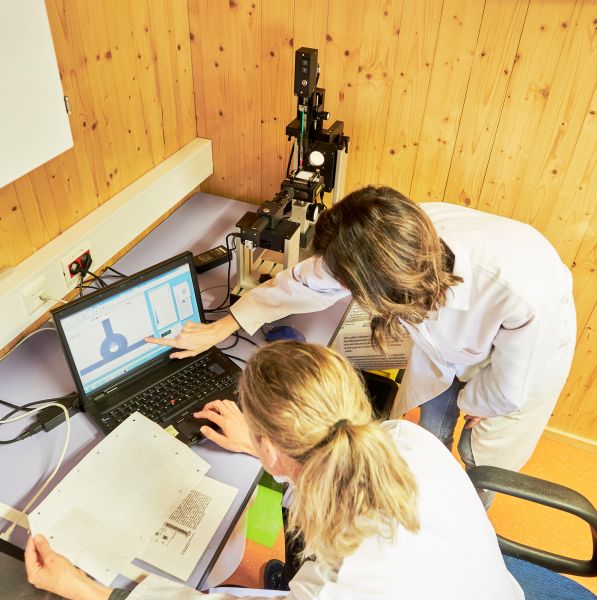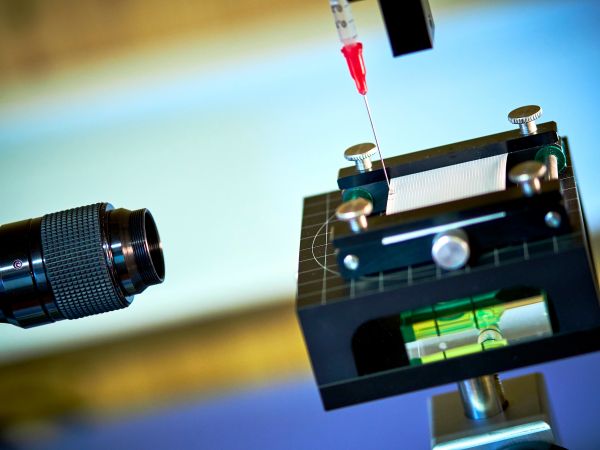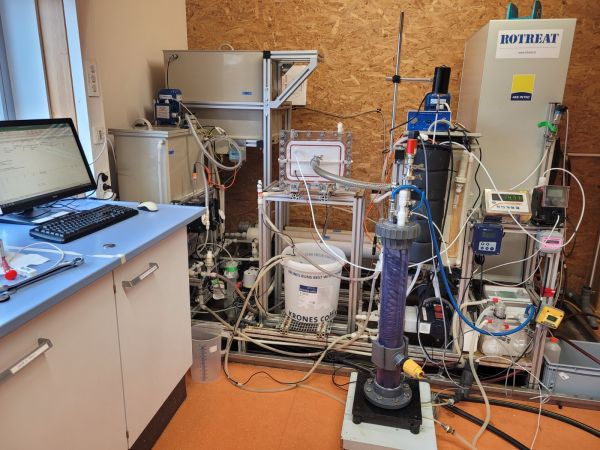IEA IETS Annex 17: Membrane processes in biorefineries (Working period 2020 - 2022)
Short Description
As part of the transition from a fossil-based industry to a renewable industry, there is a great focus on biorefinery approaches. In Europe and Austria, several movements towards a biobased economy in recent years have shown the importance of this field. One of the key commitments of the European Green Deal is the EU's goal to reduce pollution to zero, which includes a chemical strategy for sustainability. The production and use of safe and sustainable chemicals is to include bio-based chemicals. The European Green Deal strategy aims to achieve a sustainable, climate-neutral and circular economy in Europe by 2050. The new Circular Economy Action Plan (CEAP) sets several targets for a green transition in Europe. A bioeconomy strategy has also been taken up at the national level in Austria in the form of an action plan, which provides guidance for a sustainable economic concept until 2030 to combat climate change, food and water scarcity, and increasing environmental pollution.
Membrane processes can represent key solutions for the cascading utilization of process and waste streams in biorefineries. Partly highly selective separation mechanisms of emergent membrane processes offer specific material utilization of individual components and can be combined with energy efficiency measures.
The IEA MD TCP Task 17 aims to evaluate emergent membrane processes in biorefineries and to show integration examples. The following emergent membrane processes were described both theoretically and partly applied in practical test series: Forward Osmosis (FO), Membrane Distillation (MD), Pervaporation (PV), Membrane Assisted Crystallization (MAC) and Liquid Membrane Permeation (FMP). An overarching goal of Task 17 is national and international networking activities including know-how generation and transfer.
Methodologically, in the IEA IETS TCP Task 17, in addition to the collection of current scientific work and results in the course of a literature search, experiments with MD and FMP could be carried out with regard to long-term behaviour, cleaning and fouling. The guideline "Membranes in Biorefineries- Guideline", which was already published in 2021, was extended to further biorefinery applications with the latest findings and results and published again.
Specific research needs are seen in the areas of a) separation of volatiles by membrane distillation, b) novel and sustainable membrane materials for selective separation of volatiles, c) membrane reactors for coupling reaction with separation, and d) novel membrane modules for treatment of high solids streams.
Project Images
Terms of use: The pictures listed underneath the header “Project Pictures” originate from the projects in the frame of the programmes City of Tomorrow, Building of Tomorrow and the IEA Research Cooperation. They may be used credited for non-commercial purposes under the Creative Commons License Attribution-NonCommercial (CC BY-NC).
Participants
Austria, Denmark, France, Germany, Italy, Netherlands, Portugal and Sweden (Operating Agent)
Contact Address
AEE - Institut für Nachhaltige Technologien (AEE INTEC)
DI Judith Buchmaier
A-8200 Gleisdorf, Feldgasse 19
E-Mail: j.buchmaier@aee.at
Technische Universität Graz (TUG)
Institut für Chemische Verfahrenstechnik und Umwelttechnik
Marlene Kienberger
A-8010 Graz, Inffeldgasse 25C
E-Mail: marlene.kienberger@tugraz.at



